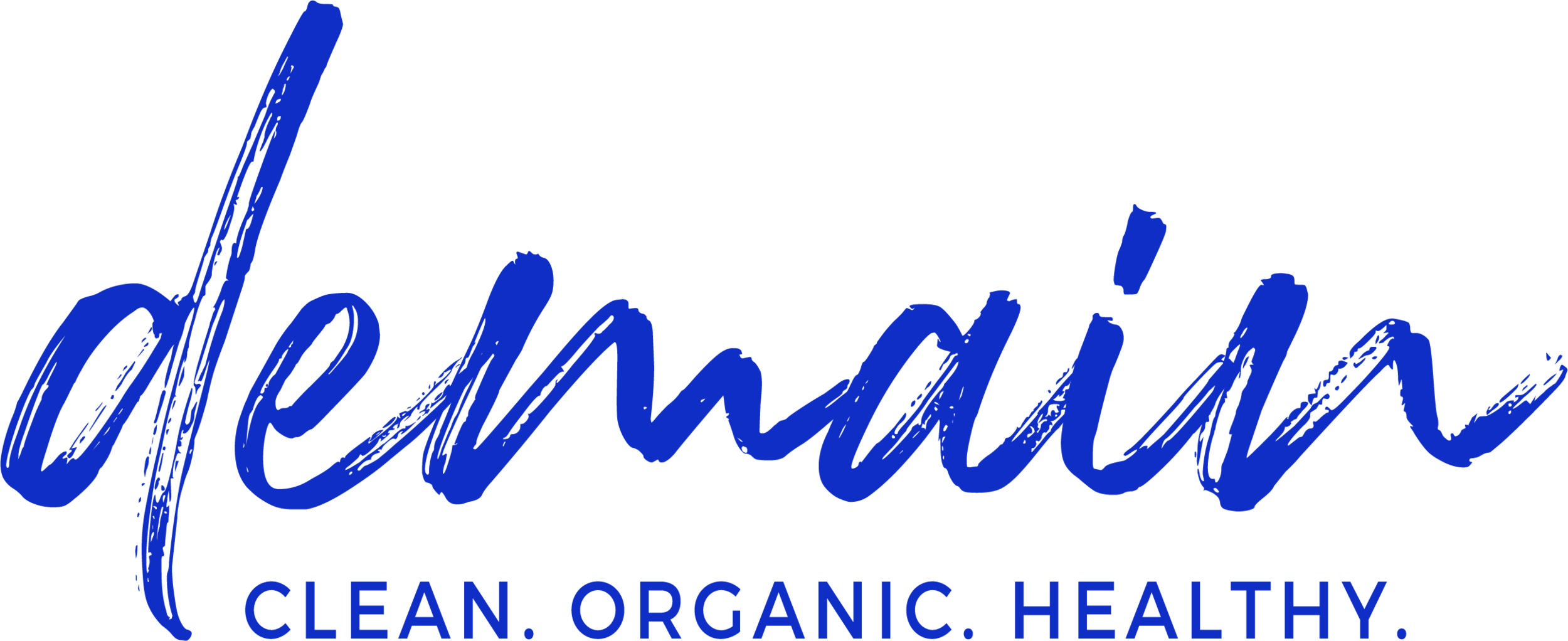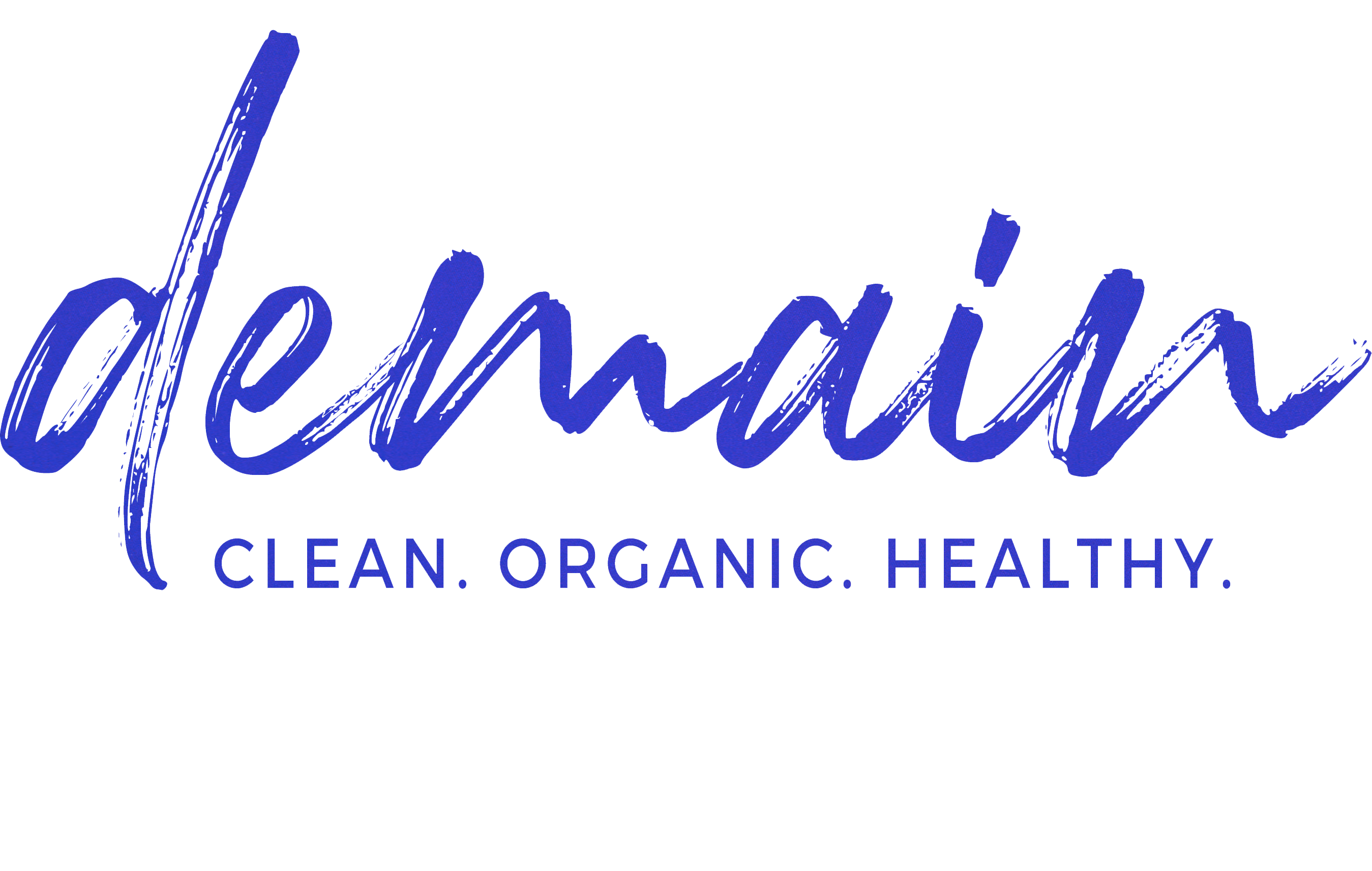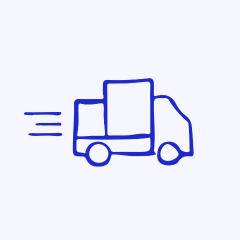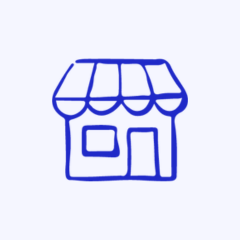ORGANIC LABELS
More and more of us are paying attention to what we put on our plates and on our skin. And turning to labels can be tempting. That's good, there's no shortage of them, organic labels are popping up like mushrooms! AB, Euro-feuille, Nature et Progrès, Bocohérence, Demeter, Ecocert, Natrue, Ecocert Cosmos Organic...
But how do you find your way through this maze of organic labels? What guarantees do they provide? How do you choose the label* that best matches your values?
WHY ORGANIC CERTIFICATION?
Since the Trente Glorieuses, industrial agricultural production has intensified. From planting to harvesting, the entire process has become mechanized. To have a positive yield, farmers have started to use very harmful products. Certainly, production has become abundant, but the quality of the products has declined. Several Canadian, American and British studies show that our food has lost nutrients since 1950. In "Still No Free Lunch", Brian Halweil, a researcher at the Worldwatch Institute, even speaks of " empty calories " to express the intense loss of nutrients in our food. An apple from 1950 would have the same energy properties as 100 apples today.
The environment has therefore become a global priority since the 1970s and organic labels have begun to flourish. But what exactly does the organic label correspond to?
WHAT IS ORGANIC CERTIFICATION?
The organic label means that the farmer who produced the product followed the organic farming method, that is, a production method that excludes chemicals used in particular by industrial agriculture.
The organic label is therefore a certification issued by private or public organizations that all have a different charter of requirements. The applicant must necessarily respect the charter of requirements of the organization and submit to an inspection in order to obtain the Organic Label.
Thanks to labels, no more pesticides or GMOs in our products and cosmetics! In addition, they allow us to trace the labeled product, great right? But so, what are these organic labels?
WHAT ARE THE ORGANIC LABELS?
There are so many organic labels these days that it can be confusing on supermarket shelves. So how can you tell them apart? We have listed the organic labels issued by both private and public organizations for you.
1 - GOVERNMENT LABELS
European organic labels have one thing in common, that of meeting the requirements of European regulations in terms of respect:
- of the environment
- biodiversity
- and animal welfare.
It's already a good thing ! But then what differentiates them?
First of all, we can distinguish organic labels certifying food products (AB-Eurofeuille) from organic labels specializing in other areas, cosmetics for example.
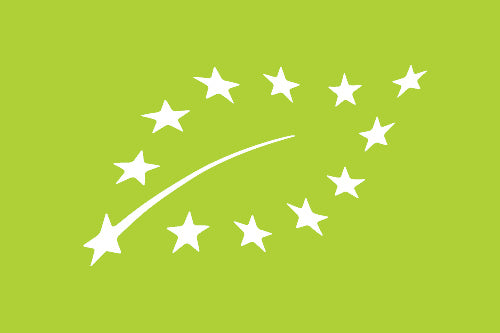
Euro-sheet
Since July 1, 2010, this logo has been used for products meeting the specifications of organic production in the European Union.
See moreOrganic Agriculture
Created in 1985, this French label has very strict criteria which have been relaxed over the years, particularly since the appearance of the European Organic Label.
See moreThese two organic labels guarantee:
- 95% or more of the ingredients come from organic farming respecting European regulations.
- no use of synthetic chemicals (pesticides, fertilizers, weedkillers, etc.)
- no use of GMOs
- animal welfare (transport, breeding conditions, slaughter, etc.)
- for processed organic products, the quantity of GMOs must not exceed 0.9% (a product can obtain during processing up to 5% of GMOs)
Namely: this rule also applies to food products intended for animals or seeds.
2 - PRIVATE LABELS
NATURE & PROGRESS
The latter guarantees, in addition to AB criteria, respect for farmers.
BIO COHERENCE
In addition to AB criteria, it guarantees respect for farmers and a French origin.
DEMETER
In addition to the AB criteria, this label guarantees the principles of biodynamics.
Column title
It is not an organic label. However, it guarantees limited use of fertilizers and pesticides and promotes biodiversity.
3 - ORGANIC COSMETIC LABELS
Non-food products such as cosmetics or textiles do not fall under European organic certification but under private certifications. These approaches each have different criteria, in particular concerning the quality of the materials and the authorization of certain products.
In the case of cosmetics, what labels apply to our creams?
EUROPEAN ECOLABEL
It guarantees that our products respect the environment throughout their life cycle (limitation of toxic emissions, limitation of packaging, etc.).
ECOCERT, THE LABEL THAT GOES FURTHER
At least 95% of the total ingredients must be natural or of natural origin and at least 10% of the total ingredients must be from organic farming.
THE MOST DEMANDING LABEL IN ORGANIC
The minimum of total ingredients from organic farming is 20%, making this label the most demanding in organic farming.
NATURE & PROGRESS
This label ensures extremely precise control, because each ingredient contained in a product must itself meet the criteria of the Nature & Progrès charter.
DEMETER
This label guarantees that our cosmetics respect the environment throughout their life cycle (limitation of energy consumption, etc.).
NATRUE: THE WAR ON GREEN WHASING
The label guarantees that at least 75% of all products in a labeled series (brand or sub-brand) meet their requirements.
OEKO-TEX 100
This is the label that we come across the most! This organic label has been valid worldwide since 1992. A fabric certified Oeko-Tex® Standard 100 is controlled at each stage of its production and processing.
GLOBAL ORGANIC TEXTILE STANDARD
This well-known label certifies the organic origin of textiles: they must be composed of at least 75% organic material.
CONCLUSION: ORGANIC LABELS, WHAT TO REMEMBER?
- Start by differentiating food labels from labels for other product categories.
- Choose the organic label that best matches your values (short circuits, biodynamics, organic farming, fair trade?)
- If you are looking for an organic product, choose the strictest organic labels, Ecocert cosmos bio or Nature & Progrès for example for cosmetics. The latter two have in common the requirement of a minimum of 95% of ingredients of natural origin on the finished product, not including water. According to Cosmos Organic, organic products must also contain a minimum of 20% of ingredients from organic farming in total to be able to be labeled (only 10% for Ecocert).
- And of course read the labels! Organic ingredients are often indicated by an “*”.
- Also, think about organic labels which help avoid the greenwashing that is used all the time these days! (Natrue)
- To find out more, do not hesitate to consult the ADEME website ( the French Environment and Energy Management Agency ). The agency has listed the main guarantees of the labels mentioned above by type of product: food, maintenance and cleaning products, hygiene and beauty, clothing and shoes, furniture, bedding, home textiles, DIY and decoration, stationery and supplies, multimedia, games and toys, accommodation.

AND WHAT ABOUT TOMORROW® PRODUCTS?
DISCOVER HERESources:
https://www.economie.gouv.fr/particuliers/comprendre-labels-bios
https://www.ademe.fr/labels-environnementals
And to go further : in the UFC que choisir magazine from September 2019, you will find price/brand comparisons, the results of comparative tests between organic and non-organic products...Very informative!
